In the food service and production industry, conveyor ovens are also used as a means to streamline production and minimize labor intensity. In both cases, if the process that precedes heat treatment is efficient enough, conveyor ovens can allow for the near-automation of production and require a minimum of technical supervision to operate. Read More…
Weiss Envirotronics is a worldwide leader in the design, manufacturer and service of environmental test chambers. A complete line of standard and custom chambers, from bench top models to full walk-in and drive-in solutions to meet any testing requirement. Not sure what you need? Let one of our applications engineers help. Weiss Envirotronics, Inc is ISO 9001 registered and A2LA accredited.
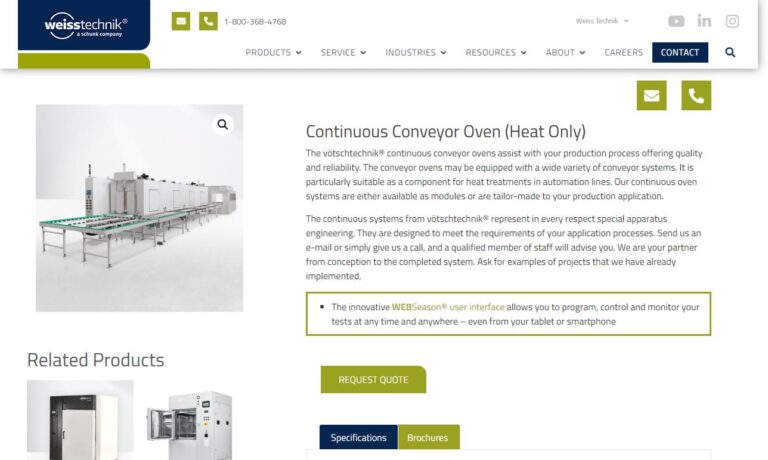
Complete finishing systems are designed around your specific process needs and are optimized to fit within your space requirements. We specialize in producing paint systems for wet and powder coatings, while also providing comprehensive design, fabrication, installation, start-up, and training services. Our complete finishing systems consist of an overhead conveyor, pretreatment washer, dry-off...
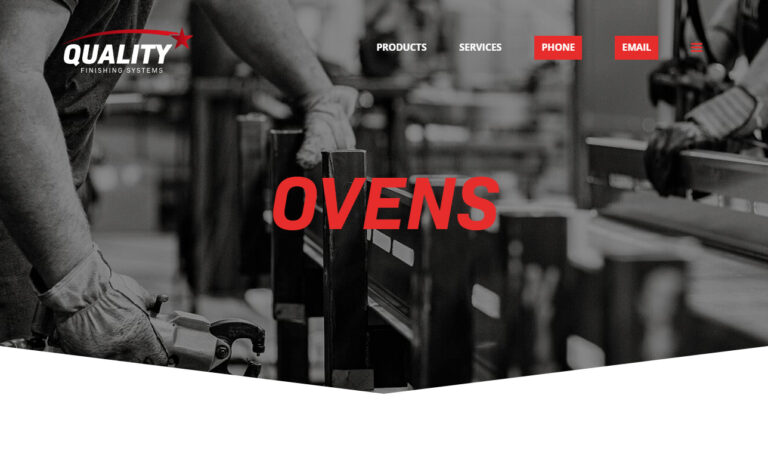
Surface Combustion offers a diverse product offering for batch, continuous furnace designs for atmosphere, non-atmosphere, or vacuum processing of ferrous and/or nonferrous components/materials. The convection design is optimal for temperatures between 350°F – 1400°F and are engineered to perform and built to last.
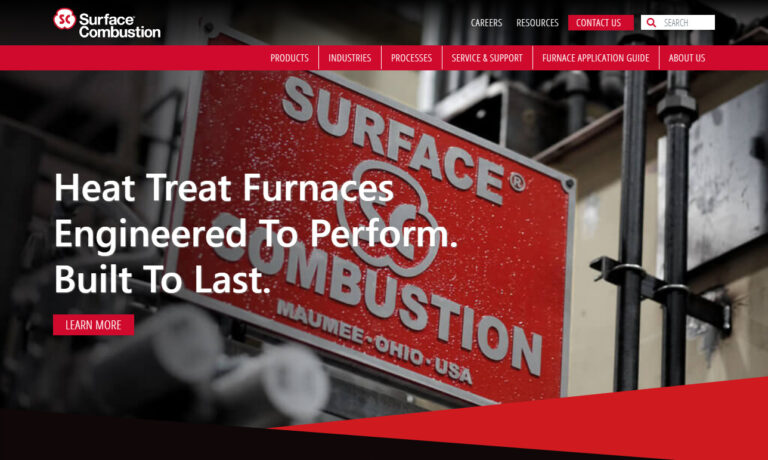
Since 1961, Thermal Engineering’s process & finishing systems contribute to the product quality of many automobile, furniture, paper, plastic & building products. Thermal’s industrial ovens offer savings in regards to time, energy & space and its solutions are designed for maximum flexibility for customers' use and with all applicable safety & code requirements that encompass a quality system.

Kleenair Products designs, engineers and manufactures high quality industrial ovens for industrial process systems. Our aging ovens, coloring ovens, drying ovens and food baking ovens serve many industries. We test fire each oven before shipping, guaranteeing your satisfaction. You will also find other process systems at Kleenair, including furnaces, drying systems, and energy recovery equipment.

C.A. Litzler Co. is ready to help you with your heat processing needs. With 60 years of designing and manufacturing experience, you can rest assured that the industrial oven you need can be built by us. We are determined to find the product that will meet your every need and requirement. Visit our website or give us a call today to learn more about how we can meet your needs.

More Conveyor Oven Manufacturers
A conveyor oven is a type of thermal processing machinery that heats a product on a conveyor belt. A wide range of industries require a means of heat treating products. In the manufacturing industry, heat treatment as an annealing, drying and melting process is very common.
In the food service and food production industries, machinery that can operate on an industrial scale is required. In the case of the manufacturing industry, large batch ovens produce simultaneous, uniform application of heat for the large scale products being produced.
Conveyor ovens move small parts through an open oven on a conveyor belt or a chain belt. Conveyor ovens used for industrial purposes range in size and are often custom-made to fit the need of the buyer. Most designs feature insulated steel walls that maximize air temperature stability. There are four main types of conveyor ovens: infrared, natural convection, forced convection and quartz.
Quartz ovens cook using high-intensity light. Natural convection is simply the transfer of heat from the heat source to the air and then to the product; this is how many consumer ovens work. When a fan that circulates the air is added to an oven's design, it is called forced convection. Forced convection ovens can be a better choice in conveyor systems where even heat distribution is desired.
Infrared ovens offer the most evenly distributed heat, as the heat generated by an infrared source is transferred directly to the product using electromagnetic radiation. While conveyor ovens offer process streamlining and even heating, there are some disadvantages to their design. Heat treating processes that require a vacuum are not possible in conveyor ovens as products are not heated in an enclosure.
Also, for smaller operations whose production levels are not very high, conveyor ovens may not be practical as their initial cost is higher compared to batch ovens, and because they require a steady input of products in order to remain efficient.

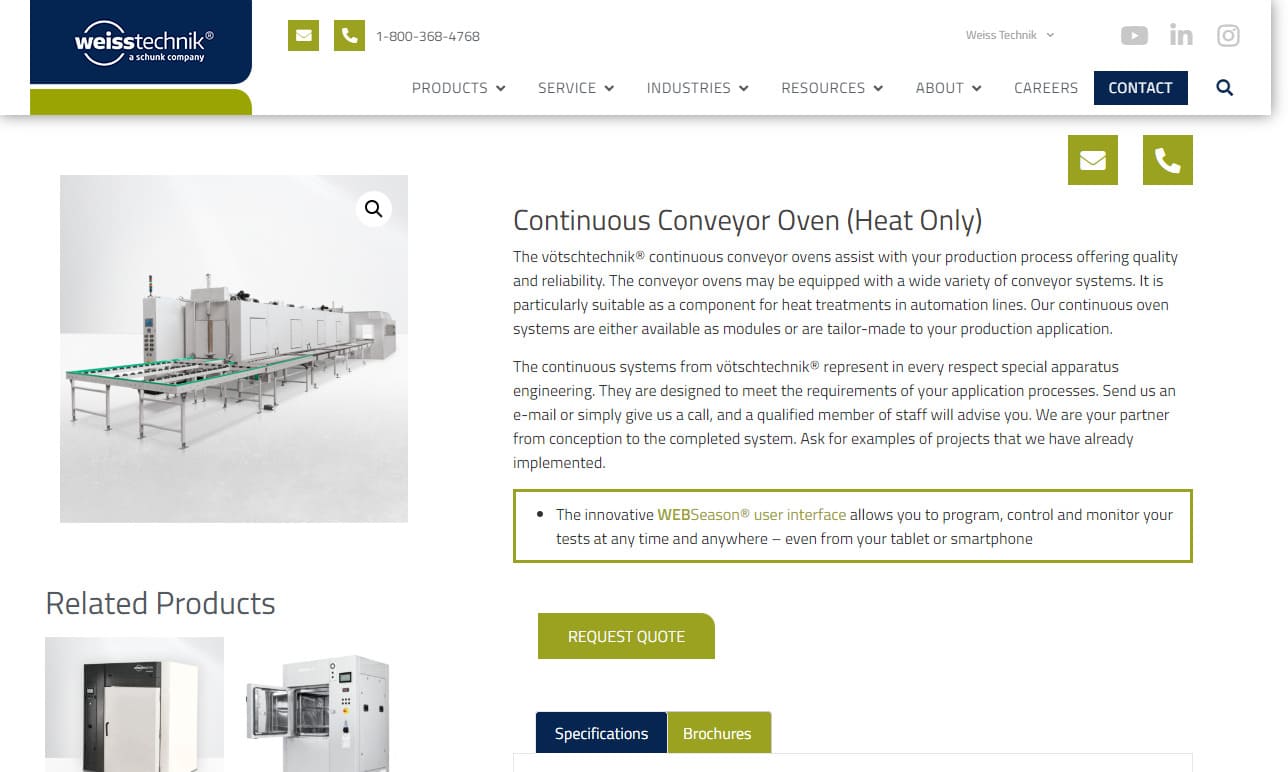
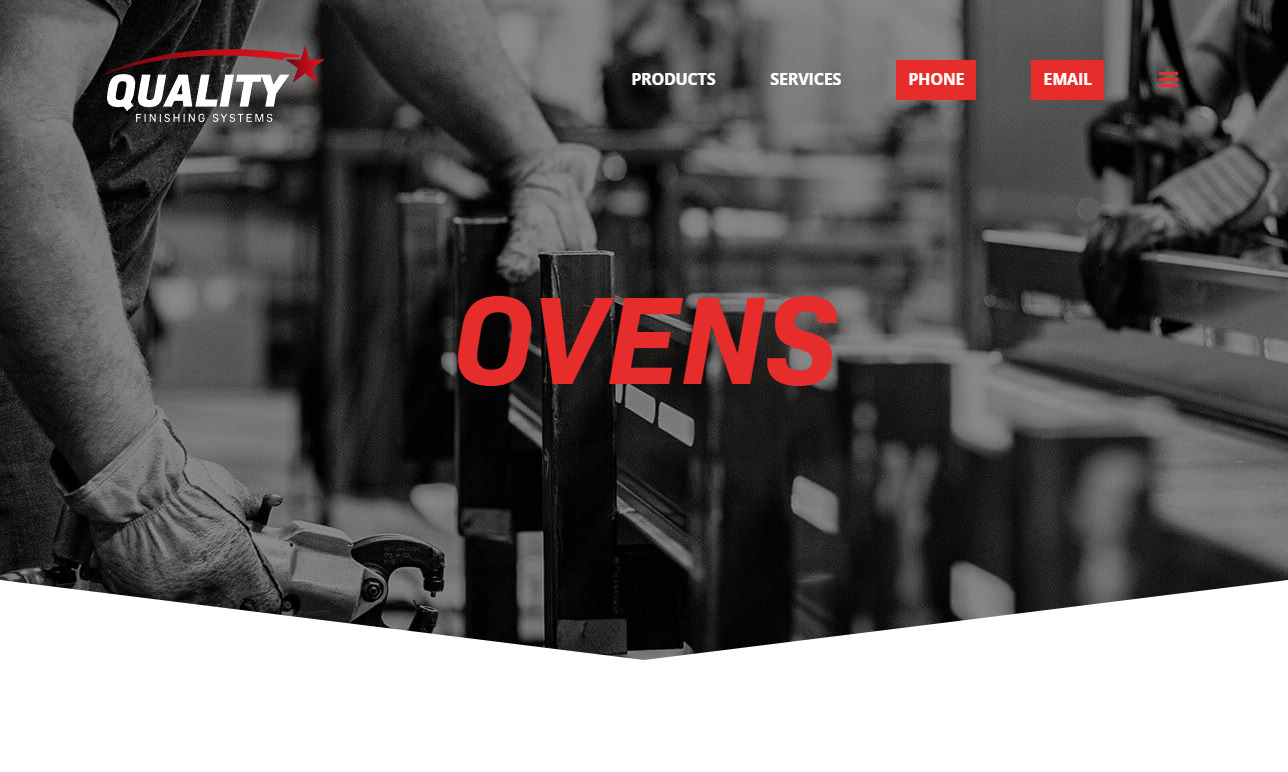
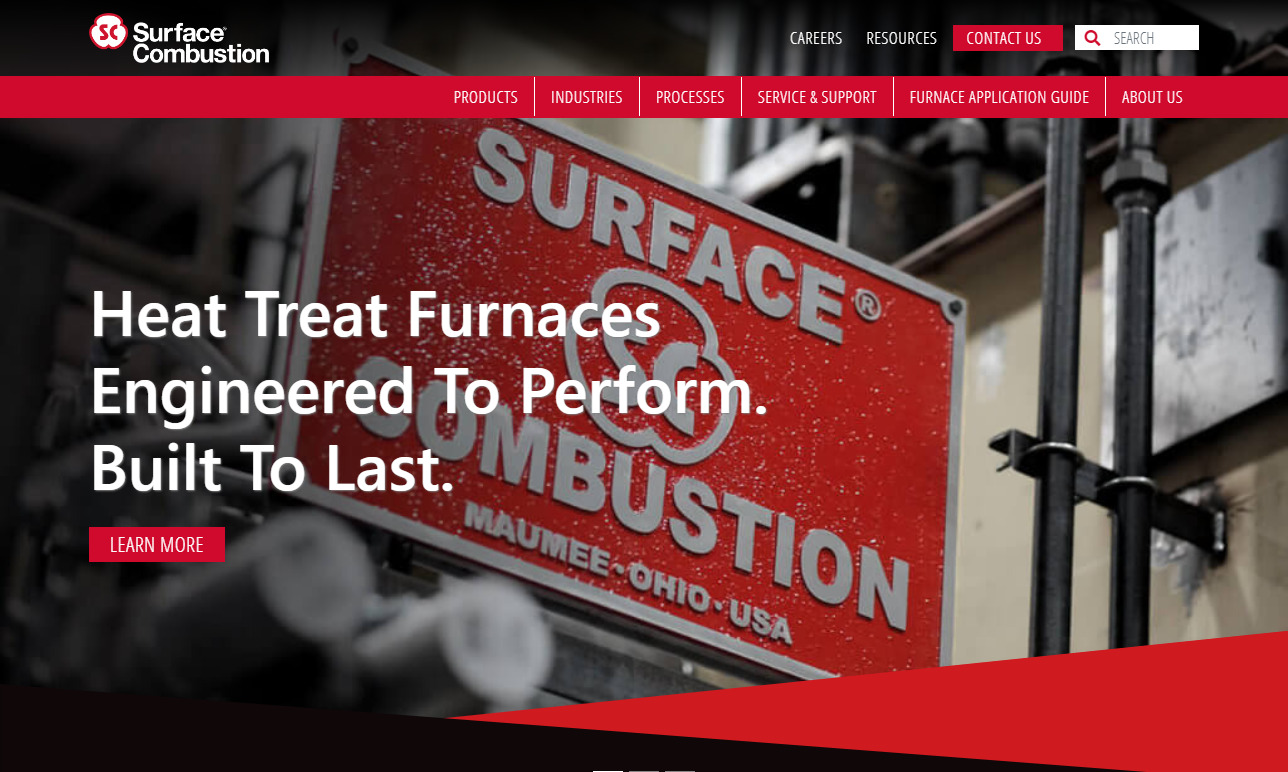



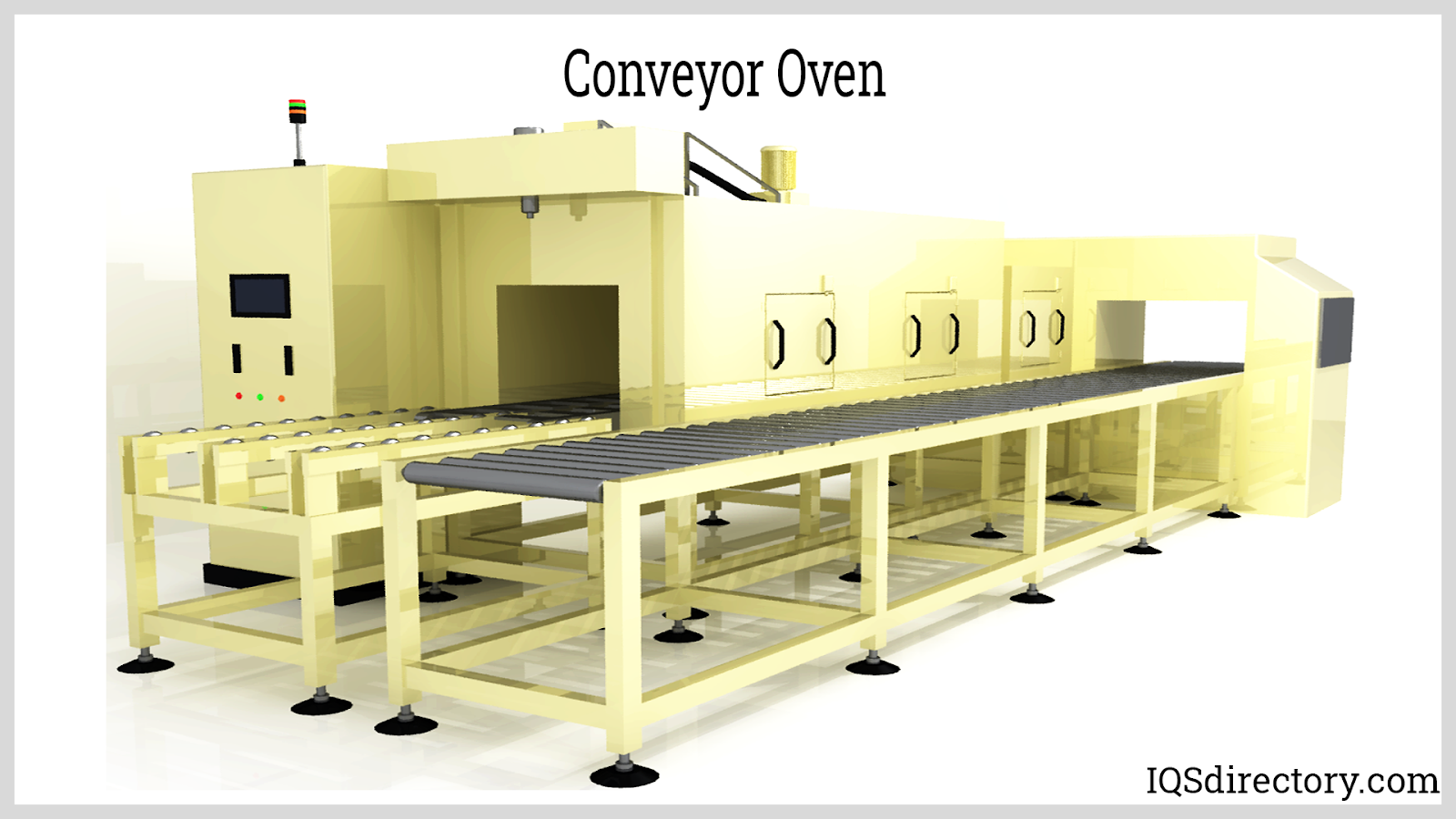
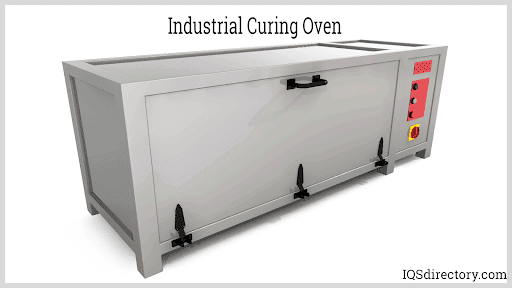
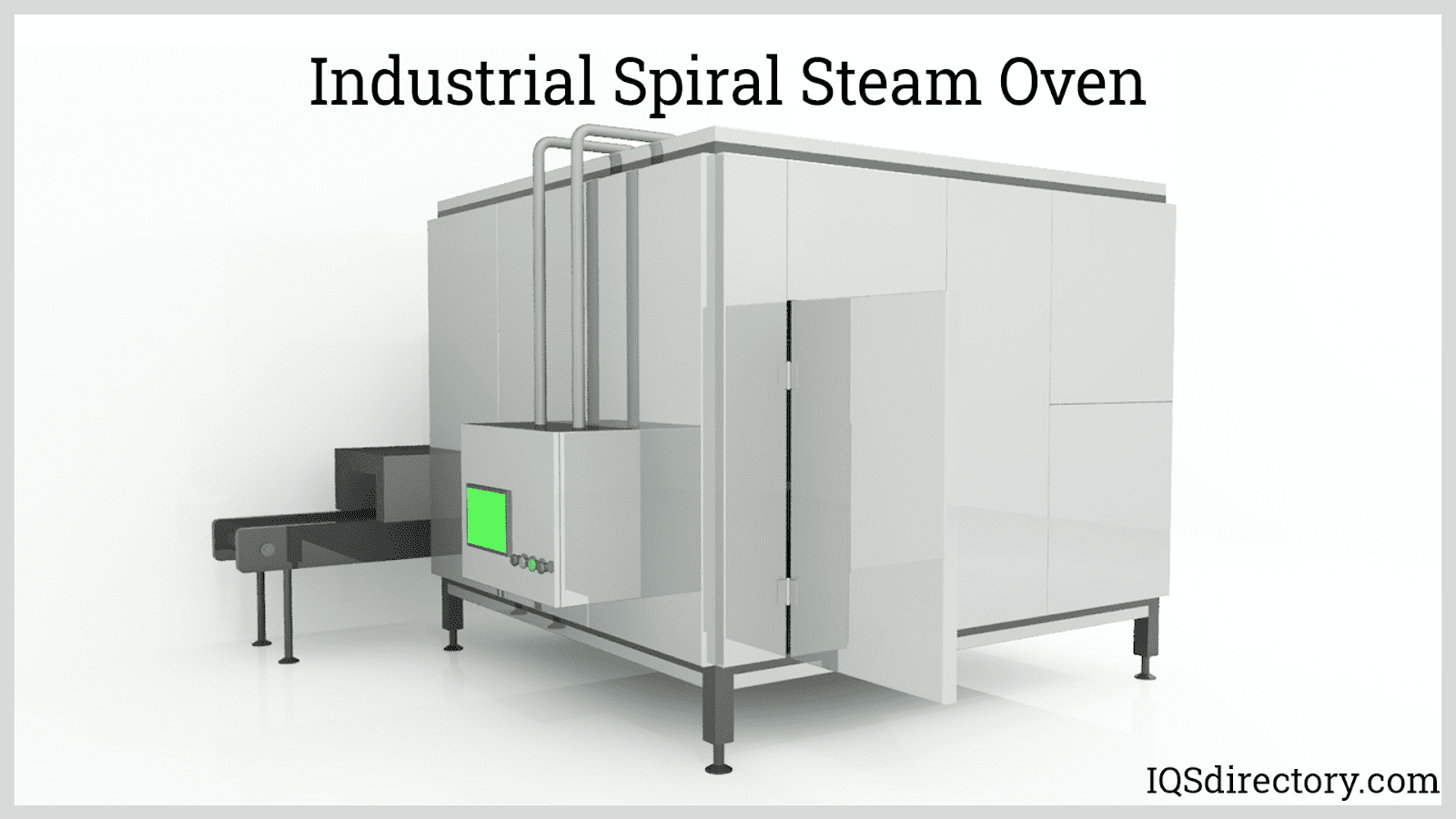
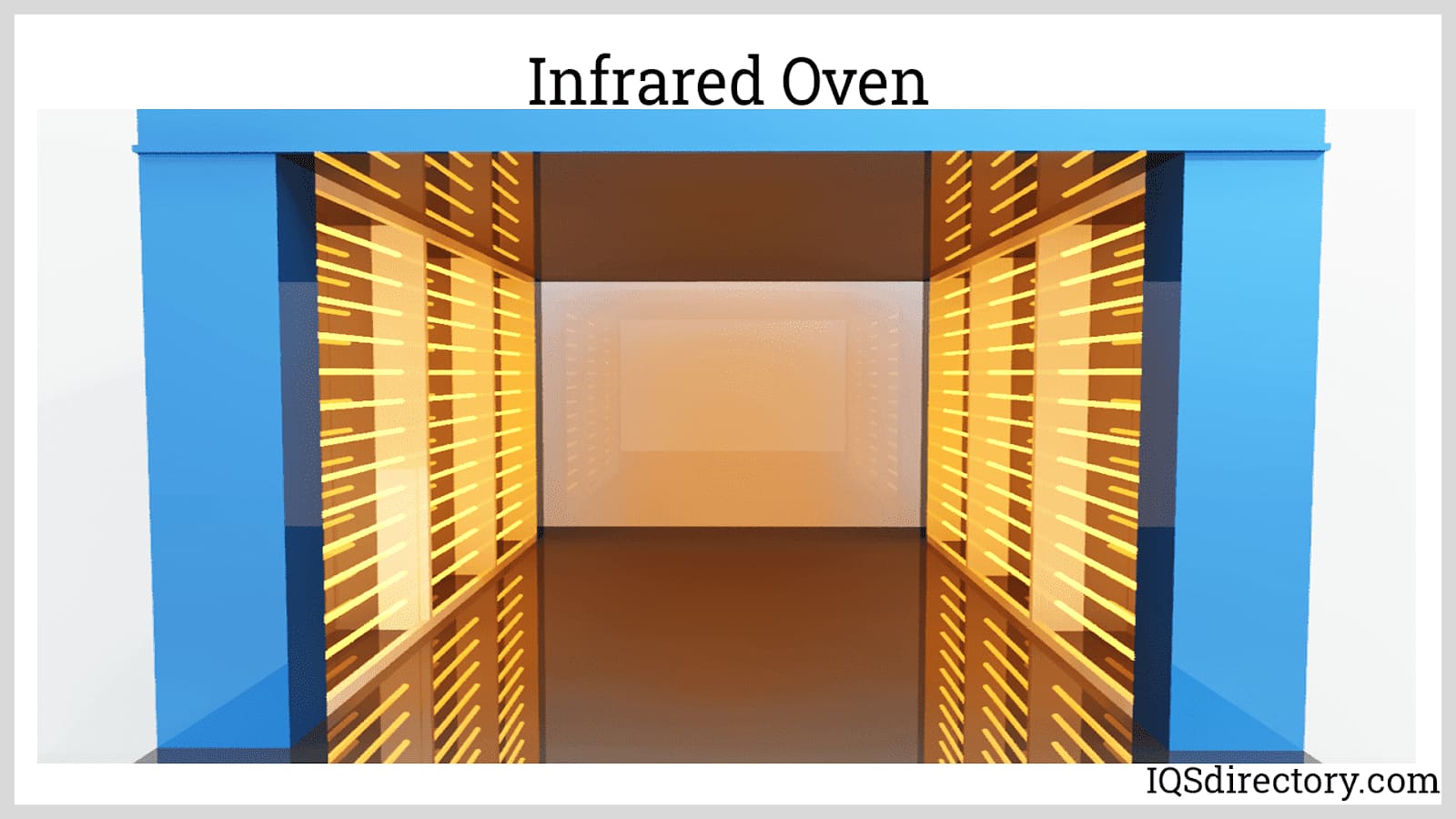
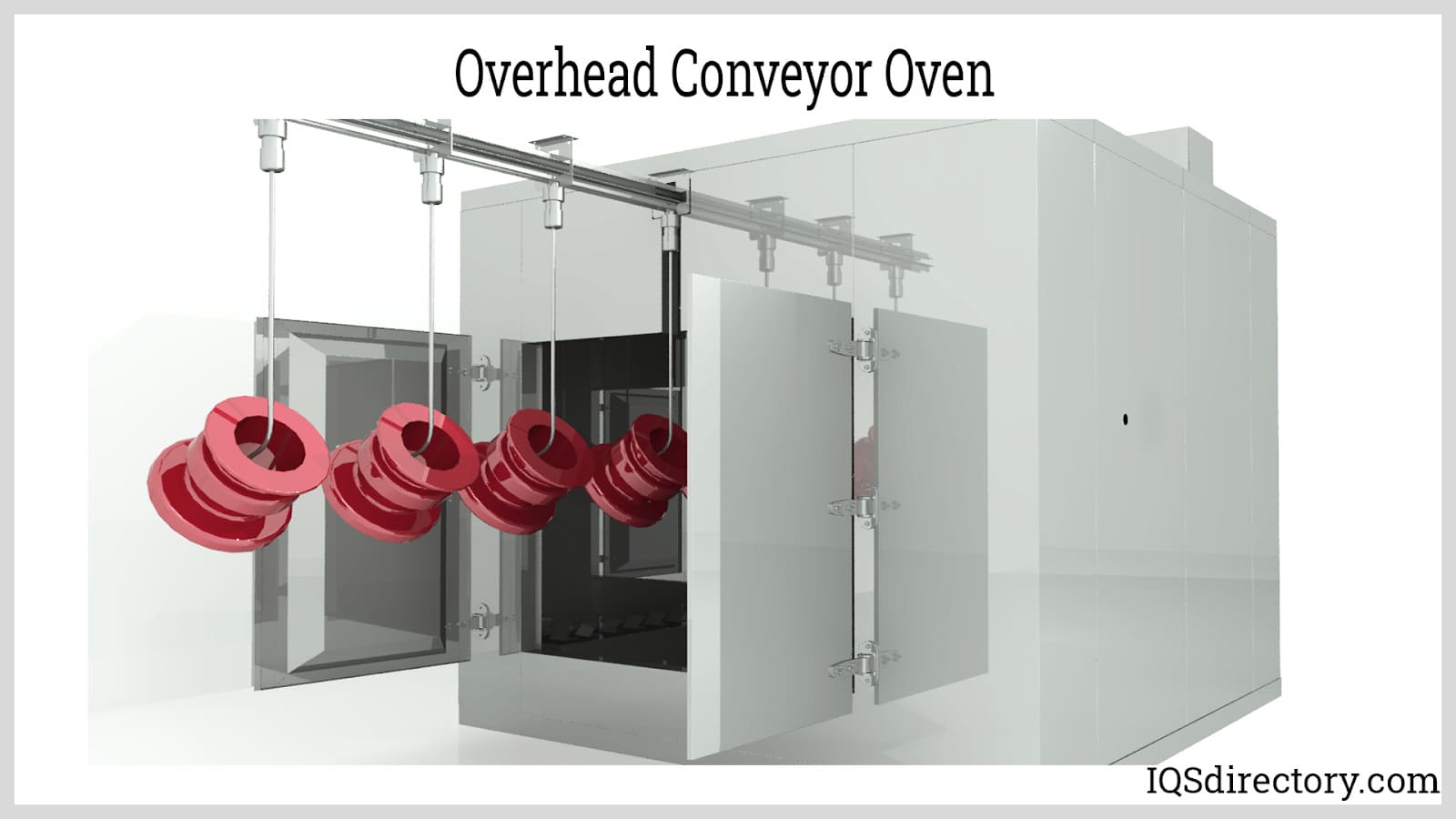
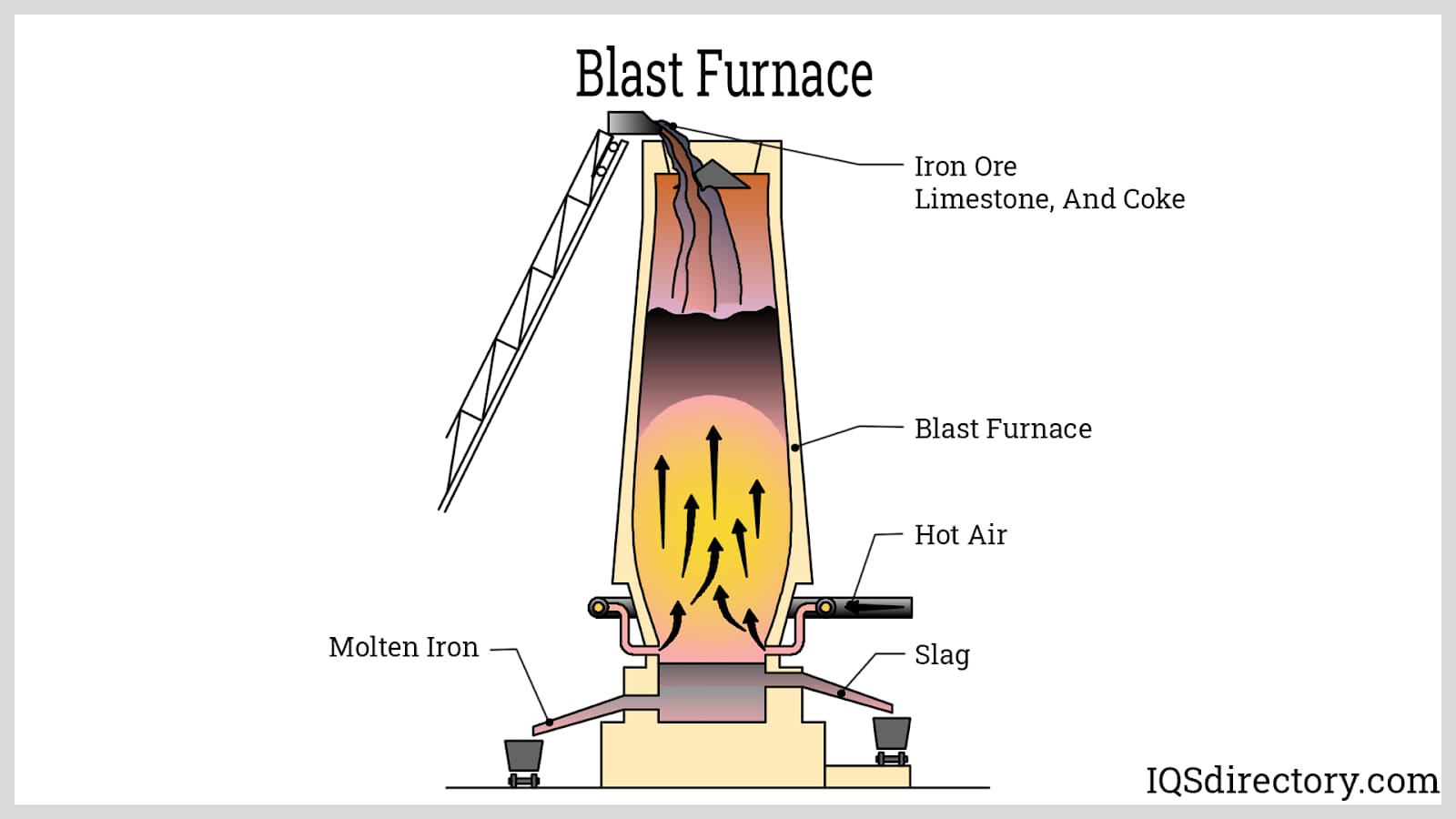
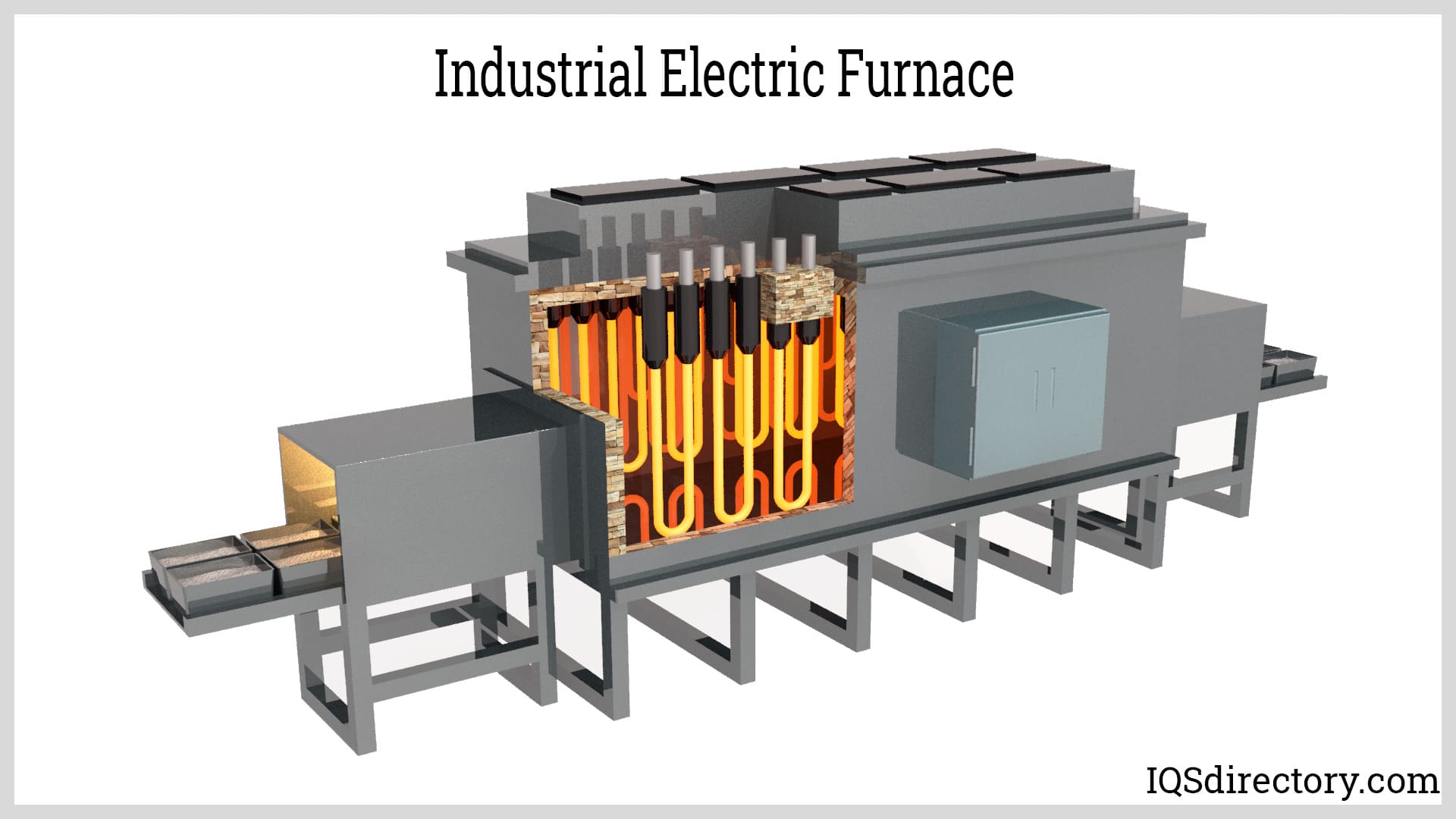
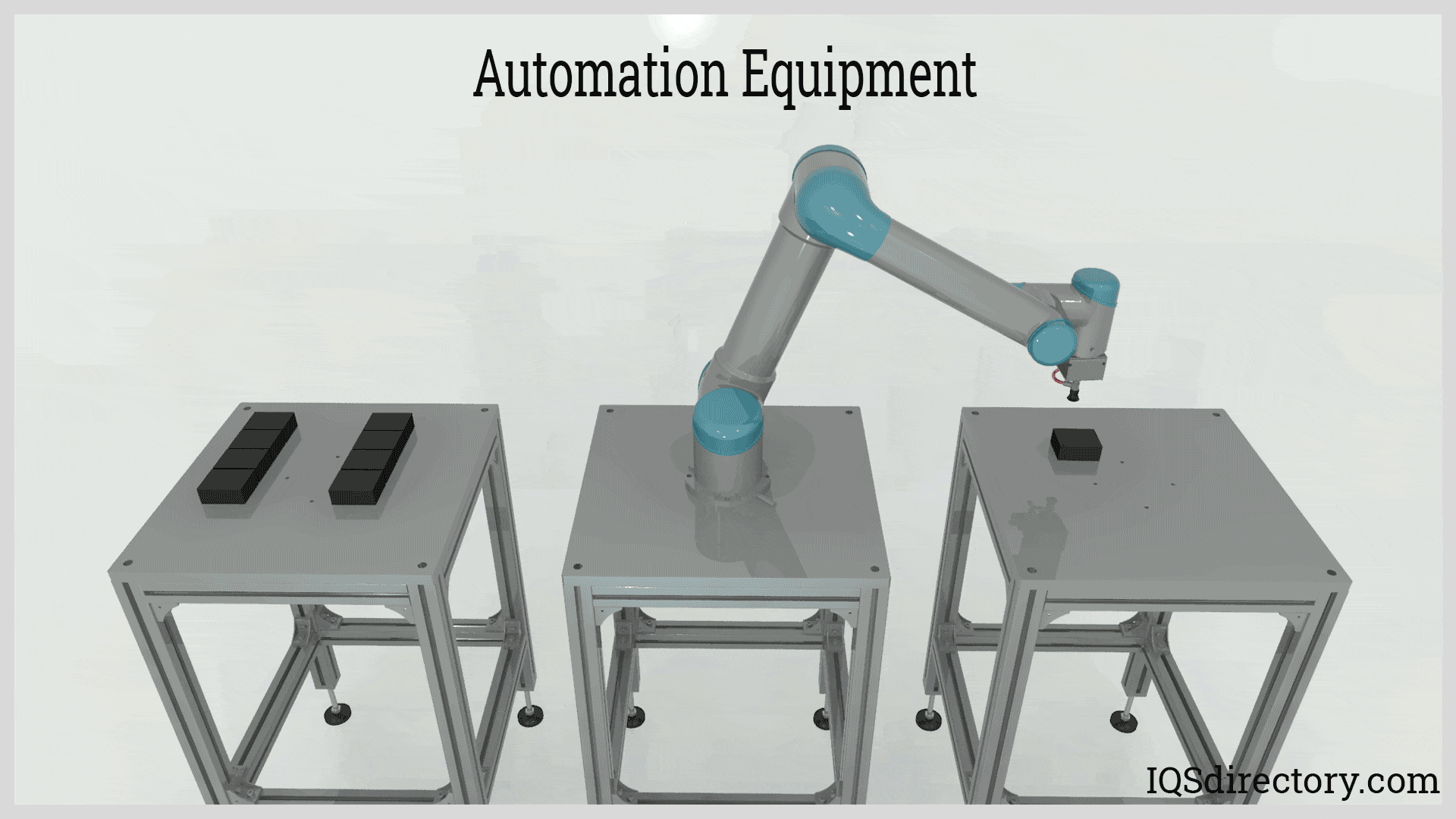
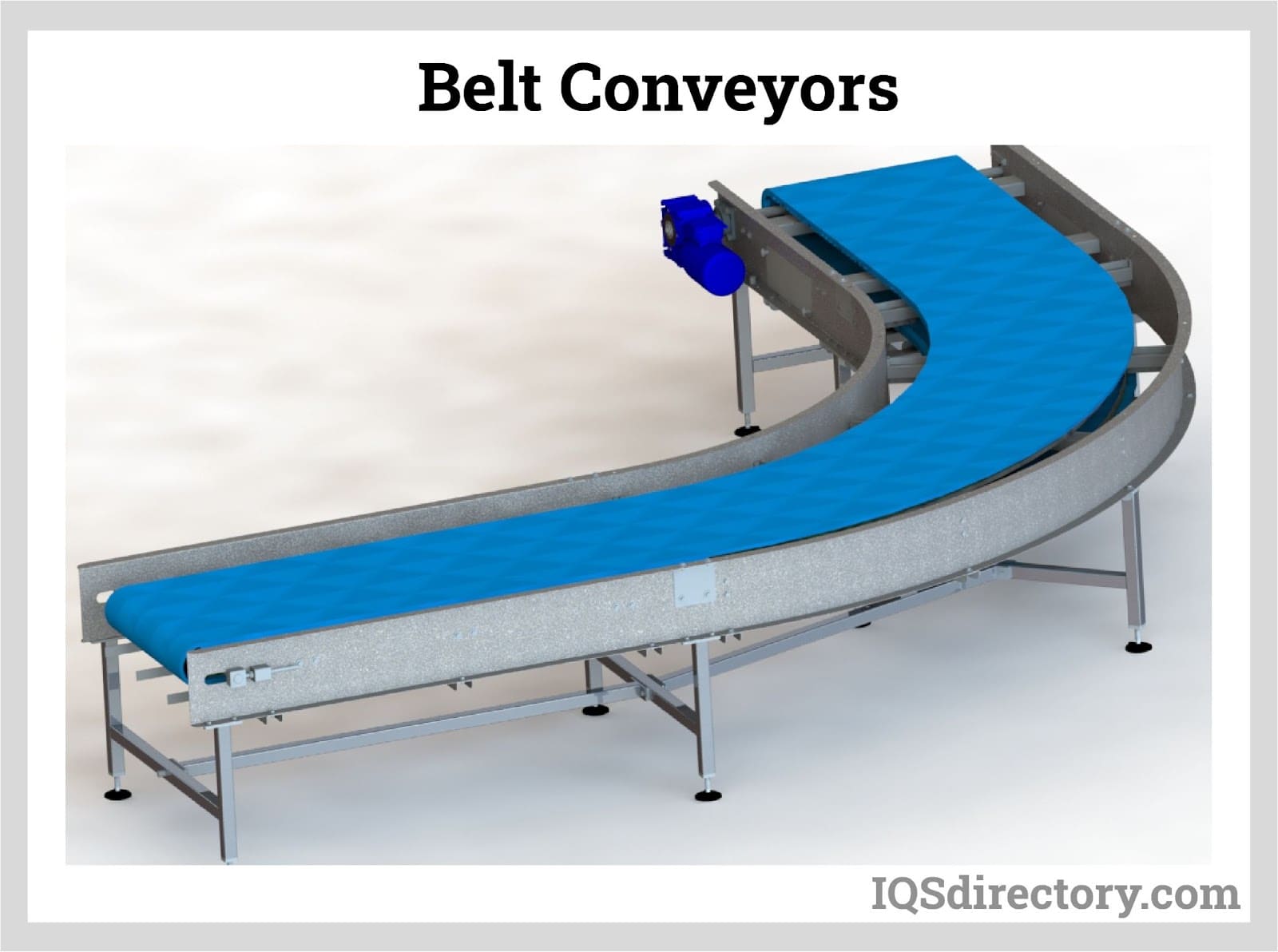
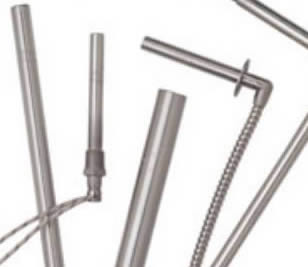 Electric Heaters
Electric Heaters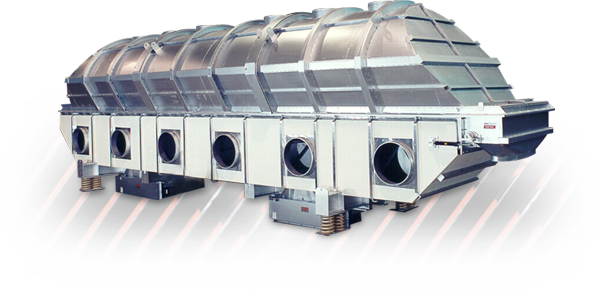 Industrial Dryers
Industrial Dryers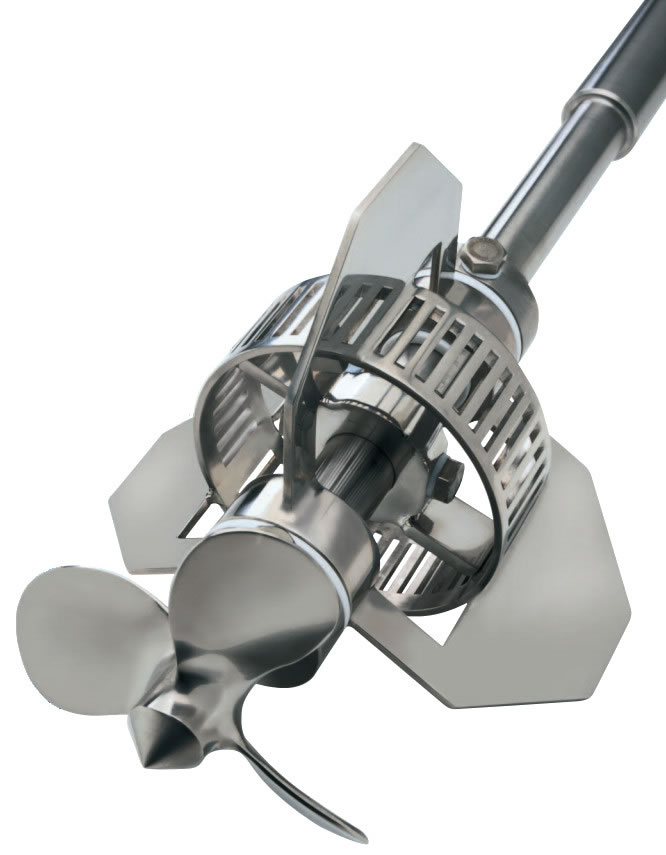 Industrial Mixers
Industrial Mixers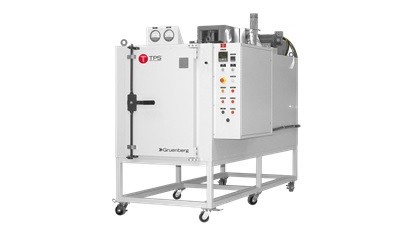 Industrial Ovens
Industrial Ovens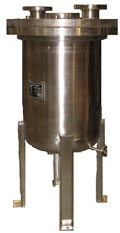 Pressure Vessels
Pressure Vessels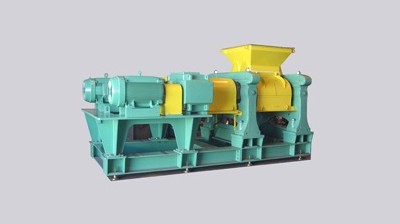 Pulverizers
Pulverizers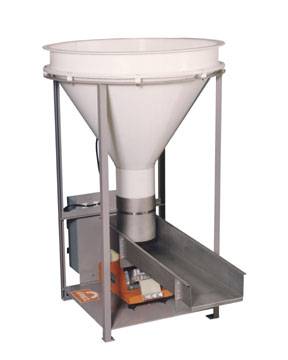 Vibratory Feeders
Vibratory Feeders Castings & Forgings
Castings & Forgings Bulk Material Handling
Bulk Material Handling Electrical & Electronic Components
Electrical & Electronic Components Flow Instrumentation
Flow Instrumentation Hardware
Hardware Material Handling Equipment
Material Handling Equipment Metal Cutting Services
Metal Cutting Services Metal Forming Services
Metal Forming Services Metal Suppliers
Metal Suppliers Motion Control Products
Motion Control Products Plant & Facility Equipment
Plant & Facility Equipment Plant & Facility Supplies
Plant & Facility Supplies Plastic Molding Processes
Plastic Molding Processes Pumps & Valves
Pumps & Valves Recycling Equipment
Recycling Equipment Rubber Products & Services
Rubber Products & Services